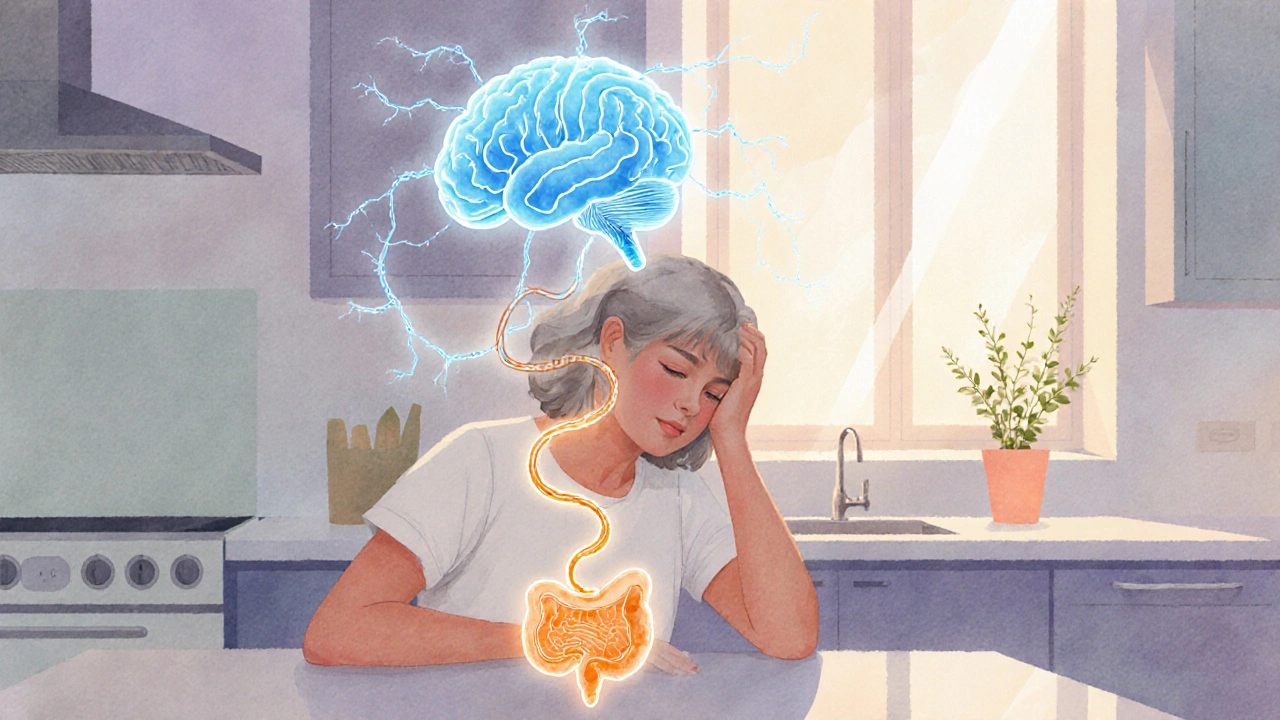
Got a stomach that feels off? You’re not alone. Millions deal with bloating, heartburn, or irregular moves every day. The good news? Most digestive problems have easy fixes you can start today. Below you’ll find clear advice on common issues, plus links to the latest articles on meds, supplements, and lifestyle tricks that actually work.
First up, let’s sort out the usual suspects. Bloating often comes from a diet high in salt or carbonated drinks. Cut back on soda, add a pinch of ginger to tea, and watch the puffiness melt. Heartburn is another frequent complaint – avoid big meals late at night and keep a small snack of almonds handy; the healthy fats can calm the acid.
For those dealing with irritable bowel syndrome (IBS), a low‑FODMAP diet can be a game‑changer. Swap out wheat, onions, and certain fruits for easier‑to‑digest alternatives like rice, carrots, and berries. If you notice persistent pain after meals, it could be functional dyspepsia. Recent clinical trials on acotiamide show promise, but start with smaller, more frequent meals and limit caffeine before bedtime.
When food changes aren’t enough, consider targeted supplements. Probiotic capsules with strains like Bifidobacterium and Lactobacillus help balance gut bacteria, reducing gas and irregularity. If you’re looking at weight‑loss aids, be cautious: some fat‑burners like higenamine can affect gut motility, leading to cramps. Always check the dosage and safety info before you start.
Prescription options are also covered on our site. For chronic acid reflux, Omeprazole and similar PPIs are common, but doctors now recommend using the lowest effective dose to avoid long‑term vitamin B12 loss. If you need a stronger boost for IBS, medications such as Loperamide for diarrhea or Tolterodine for spasms are discussed in our recent guides. Remember, any med should be taken under a doctor’s supervision.
Beyond pills, simple lifestyle tweaks pack a punch. A daily 20‑minute walk after meals accelerates transit and reduces bloating. Hydration is key – sip water throughout the day, but limit large gulps during meals to avoid diluting stomach acids. Stress management, whether through short meditation or a quick stretch, can calm the gut’s nervous system, cutting down on cramping.
Bottom line: your gut responds to what you feed it, both on the plate and in the brain. Start with the basics—balanced meals, gentle movement, and mindful stress relief—and layer on supplements or meds only when needed. Browse our tag archive for deep dives on each topic, from detailed drug reviews to natural remedies, and keep your digestion on track.